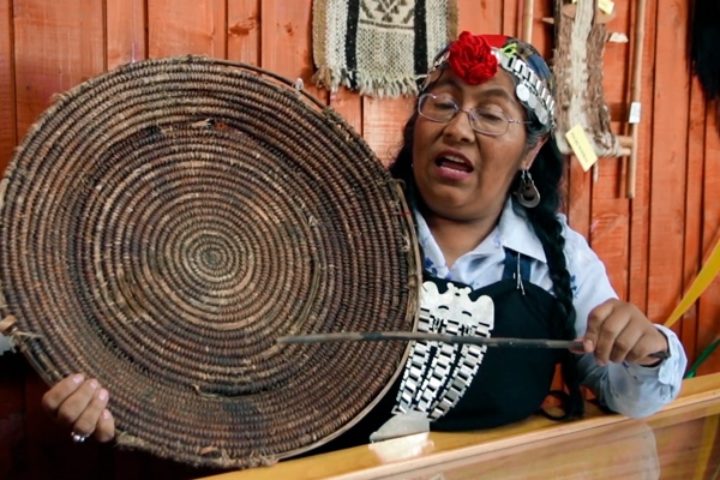The Horizon 2020 project “EU-LAC Museums: Museums and Community: Concepts, Experiences, and Sustainability in Europe, Latin America and the Caribbean” is entering into its final week of activities (September 2016 – January 2021). The objective of the project has been to meet the Horizon 2020 INT12 (2015) challenge of fostering cultural relations between Europe, Latin America and the Caribbean.
EU-LAC Museums five main project aims have been:
- researching the concepts and experiences of sustainability in museums and communities in the two regions, with a special focus on heritage technologies and histories of migration;
- enhancing sustainable development and social inclusiveness in the museum sector in remote rural and island locations;
- reating a common and sustainable vision for community museums ratified by the International Council of Museums (ICOM);
- making available and celebrating knowledge generated by the project to all potential users, museum professionals, and decision makers;
- ensuring rigorous evaluation of the project methods and outcomes, and building long-term sustainable relationships between institutions in the EU, Latin America and the Caribbean (LAC).
Now in a COVID-19 extension until January 2021, our international team of museum professionals, researchers and policy makers will share their Recommendations concerning “Community Museums and Sustainable Development”, “Community Participation for Bi-Regional Integration”, and “Technology and Innovation for Crisis Recovery”, through a Policy Round Table to be held (virtually) in Brussels, 20 January 2021. The event will be opened with remarks by ICOM President Alberto Garlandini.
Now reaching 154 countries with over 100,000 people engaging in person or online with the project activities and web portal, the project has researched state-of-the-art initiatives in museums and community empowerment, to create a method of implementation and evaluation applicable to wider regions.
These new understandings have been informed by over 100 community workshops held between September 2016 and July 2020 in all partner countries, which have focused on the importance of intangible or ‘living’ heritage transferred between generations, particularly among communities in remote locations, exhibiting migration and gender, and management in environmental crises. The workshops have reached over 30 museum sites involving approximately 28,000 total participants, including museum professionals, local communities and the wider public, from Barbados, Chile, Costa Rica, Jamaica, Peru Portugal, Scotland, Spain, and Trinidad & Tobago.
In the face of societal and sustainability challenges, the partners of the EU-LAC Museums project have fostered a sense of interconnectivity, support, and research activism that will serve as a model for future EU and transnational research projects, and which represent the ethos at the heart of ICOM partnership working.
Project partners are ICOM, the University of St Andrews (Coordinator), the Pontifical Catholic University of Peru, National Museum of Costa Rica, Austral University in Chile, University of the West Indies (The UWI), University of Valencia (Spain), and National Archaeology Museum in Lisbon, Portugal.
